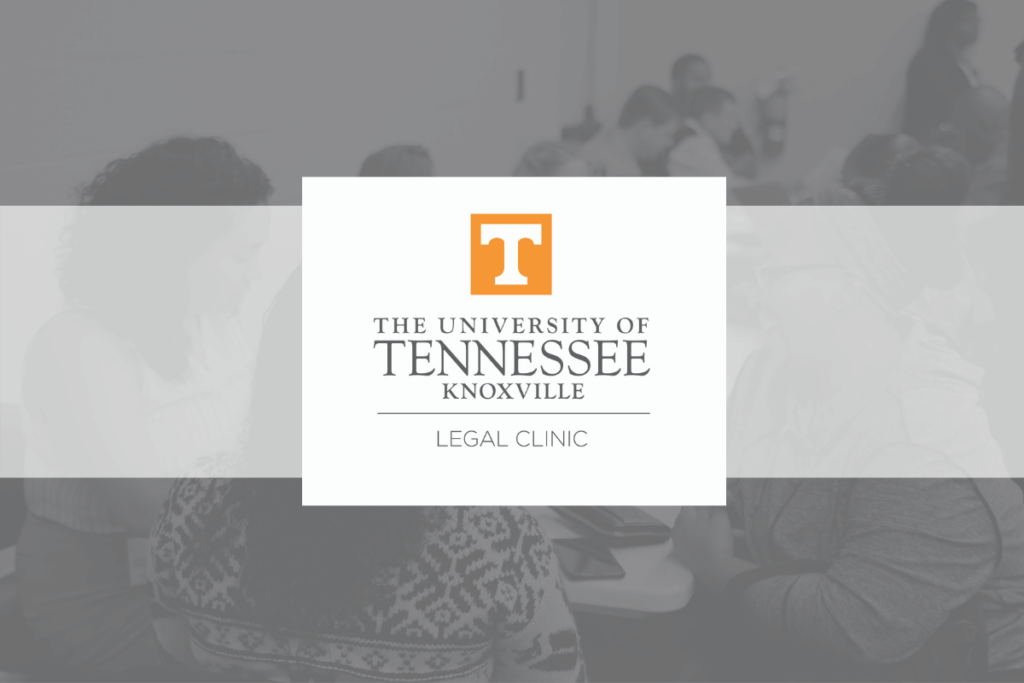The UT College of Law Legal Clinic has been awarded a $3,000 grant to fund a project that will enable it to be more responsive to communities of color most harmed by systemic and structural racism.
In the wake of the George Floyd murder, the Legal Clinic faculty committed to embark on a listening process with the communities most harmed by systemic racism. The grant, funded through the UT Division of Diversity and Engagement, helps the clinic work toward that goal with its Racial Justice Listening Project. The project is designed to learn more about the challenges and opportunities in Knoxville’s African American and immigrant communities.
“The Legal Clinic has always provided legal representation to people of color in Knoxville who could not afford a lawyer and responded to requests from local community groups,” Legal Clinic Director Joy Radice said. “The uniqueness of this project is that it aims to listen and respond more intentionally.”
Since being awarded the grant in October, the Legal Clinic has assembled a research team and held initial listening sessions with local community leaders to help frame the project.
Professor Wendy Bach, who is organizing the clinic faculty and students, has developed a three-credit course that met for the first time this week. In it, students will research and study Knoxville’s racial history and legal services work; interview community leaders; research models of community-responsive service; and report out their findings and recommendations.
“We have assembled an incredible six-student team and are excited to see the work they do,” Bach said.
Graduate research assistant Chris Rogers, a UT doctoral student in the sociology, is being funded by the grant to help the students learn qualitative interviewing and data analysis skills. At the conclusion of the project, the clinic will publish its findings in an effort to help other clinics work with communities on racial justice issues.
Professor Eric Amarante, who teaches in the Community Economic Development Clinic, said the research will inform how the clinic approaches traditional legal services but also more broad-based legal representation.
“Such efforts might include helping minority-owned small businesses with transactional matters, or representing nonprofit organizations focused on issues affecting Knoxville’s black and immigrant communities,” he said.
As a complement to this project, the Legal Clinic has also launched the “Critical Conversations on Race” virtual series of discussions to examine systemic and structural racism.
The one-hour monthly sessions are required for all clinic students and open to the public. Sessions have focused on defunding the police, the public side of family law, and racial inequities in Knoxville. The Legal Clinic will host four more sessions during the spring semester.
